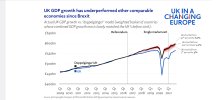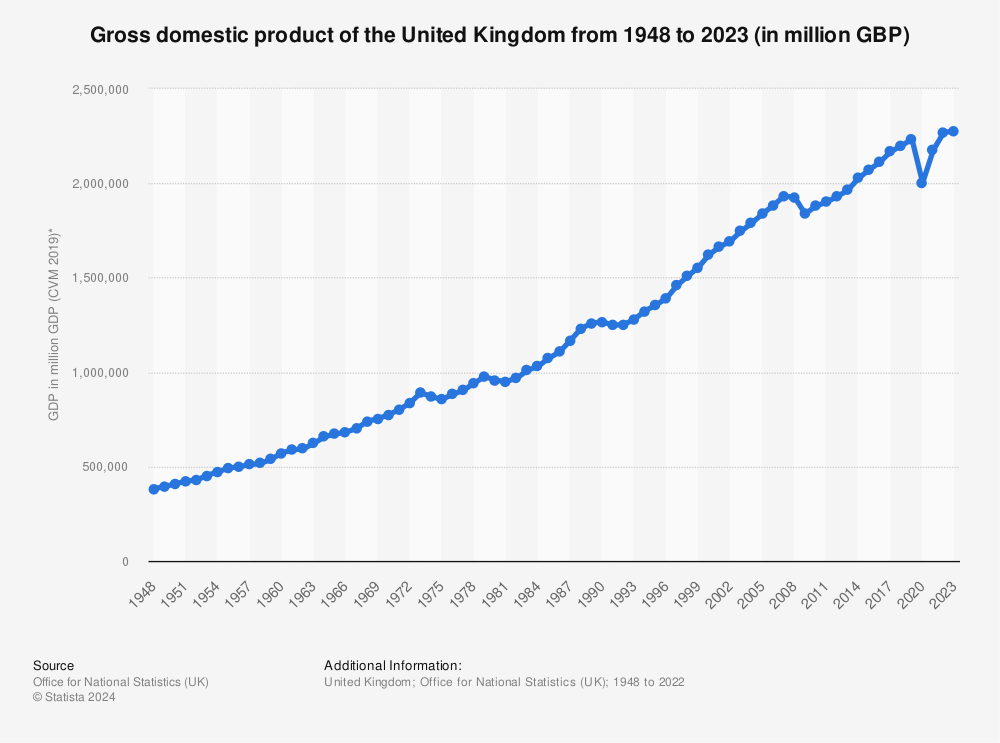Didsbury Dave
Well-Known Member
- Joined
- 1 Feb 2007
- Messages
- 39,262
This conversation always culminates in "Well world war 3 didn't start so therefore Brexit has been a success"I'm not commenting on your amateur analysis when there is a plethora of expert professional analysis.






